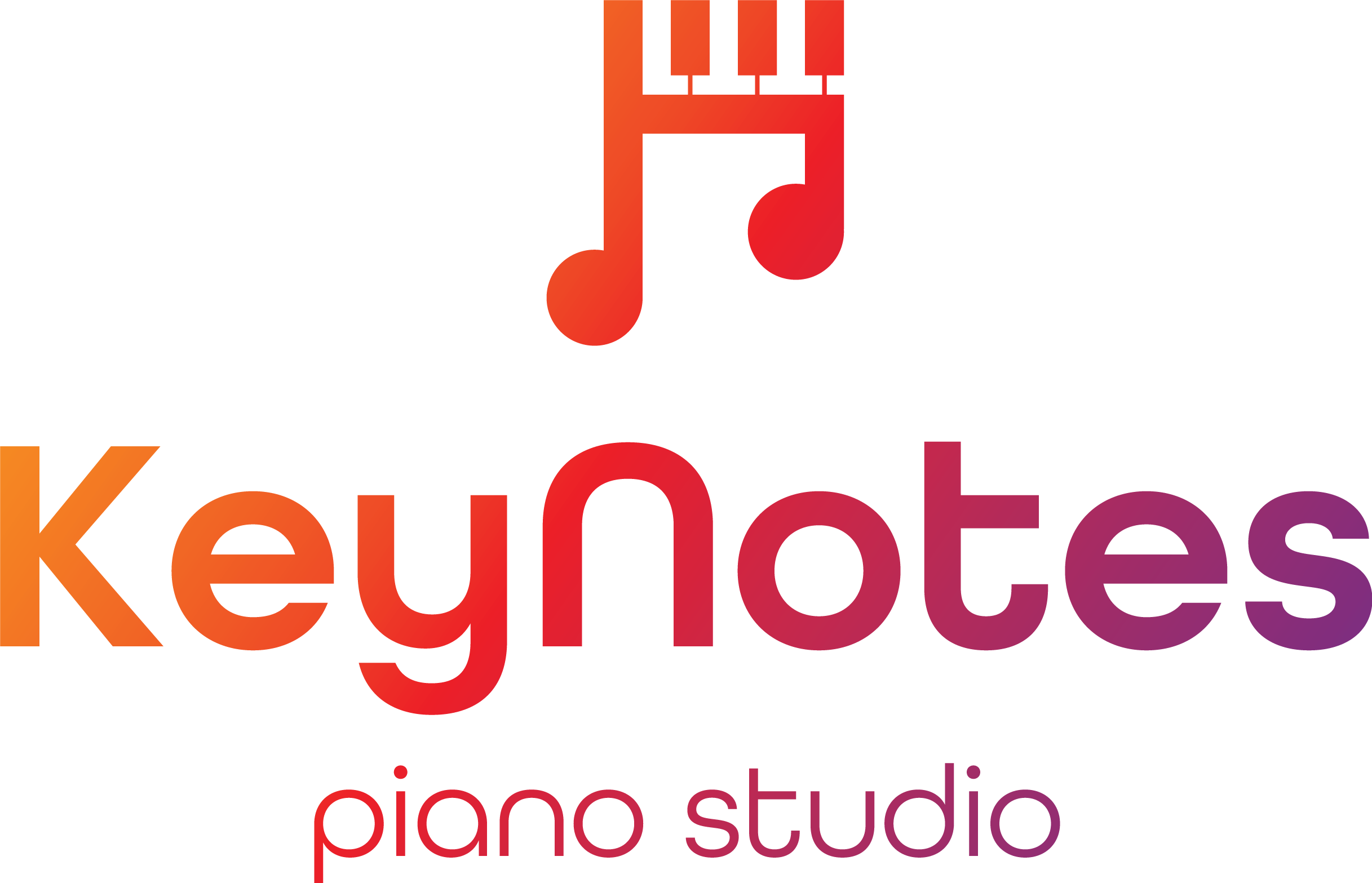Teaching and learning are among the essential activities people engage in. Our capacity to gain wisdom makes us human. A music instructor should be dedicated to helping his students gain wisdom. Careful, loving teaching and learning are essential to music.
Gaining wisdom is no small task; it takes a lifetime. The quest for knowledge is among the primary driving forces in my life; my passion for learning fuels my pursuit of teaching excellence. I aspire to be a great teacher because in it is the power to impart knowledge, influence thinking, and ultimately create positive change in the world.
Music should form an integral part of the development of any young mind. It utilizes much of the brain, making it valuable in all areas of development: academic, emotional, physical, and spiritual. Practicing a musical instrument teaches lessons beyond merely the ability to play; it imparts discipline, patience, and dedication. Moreover, there is no age limit to enjoying or engaging in music. Learning music is a life-long endeavor. Students may not be able to take lessons throughout their lives, but they can remain music lovers and stay musically active. Music, as I tell my youngest students, has no season.
Although, as with many piano instructors, the bulk of my studio comprises children under 16, I love teaching adult beginners. Fulfilling a life-long dream, they are frequently more enthusiastic and hard-working than younger students. Most rewarding is witnessing their reactions when they achieve something they doubted they ever could.
Regardless of age or background, every student deserves equal opportunities to learn music. Students should have fair access to instruction suited to their abilities, interests, and talents. I reach out to both the most and least advanced students from all economic and social backgrounds and use a variety of techniques to meet different learning styles and student experiences.
While using technology for learning is vital, technology should not be used merely for its availability or convenience, but rather because its use can attain a learning goal.
As a teacher, I must express clear expectations and help students reach their goals; design and organize productive activities; provide information and direction for finding further information; and accept, consider, and respond to students’ learning needs. Students are responsible for being prepared for lessons, participating in and taking advantage of opportunities for learning, and communicating honestly with me. Mutual respect between teachers and students is necessary. In essence, my students must trust I have something to offer, while I must respect the effort they make to master skills and recognize their ideas can contribute to my intellectual development.
Whether teaching a future music professional or an amateur who will appreciate music for life, I strive to form well-rounded musicians. I emphasize vital skills, including:
- Sight-reading—which opens possibilities and exploration, and eases the practice process;
- Music theory—including tonalities, harmony, and musical form, which aid the performer in understanding and memorizing music, and the listener in understanding it;
- Basic music history—of the human struggles and triumphs of these quasi-mythical beings we know as composers; and
- Living music outside our lessons—I encourage students to attend recitals and concerts, and I facilitate discounted/free tickets to events.
In my teaching, values are as important as content. Teachers should recognize and communicate the values informing their teaching and subject matter—why we teach and learn, what relevance our learning holds for the broader community—so students can hang their knowledge on a framework of personally meaningful pegs: values they believe in.
Fundamentally, I believe that music learning should be curiosity-driven, active, enjoyable, and emphasize self-expression.
Jaime Garcia-Bolao, April 2020
